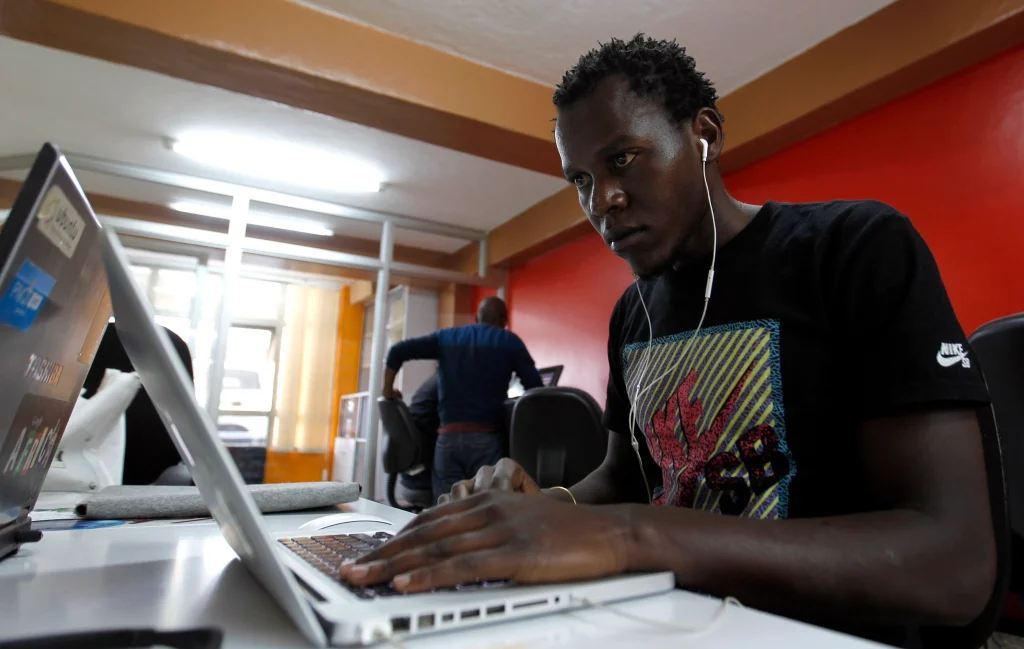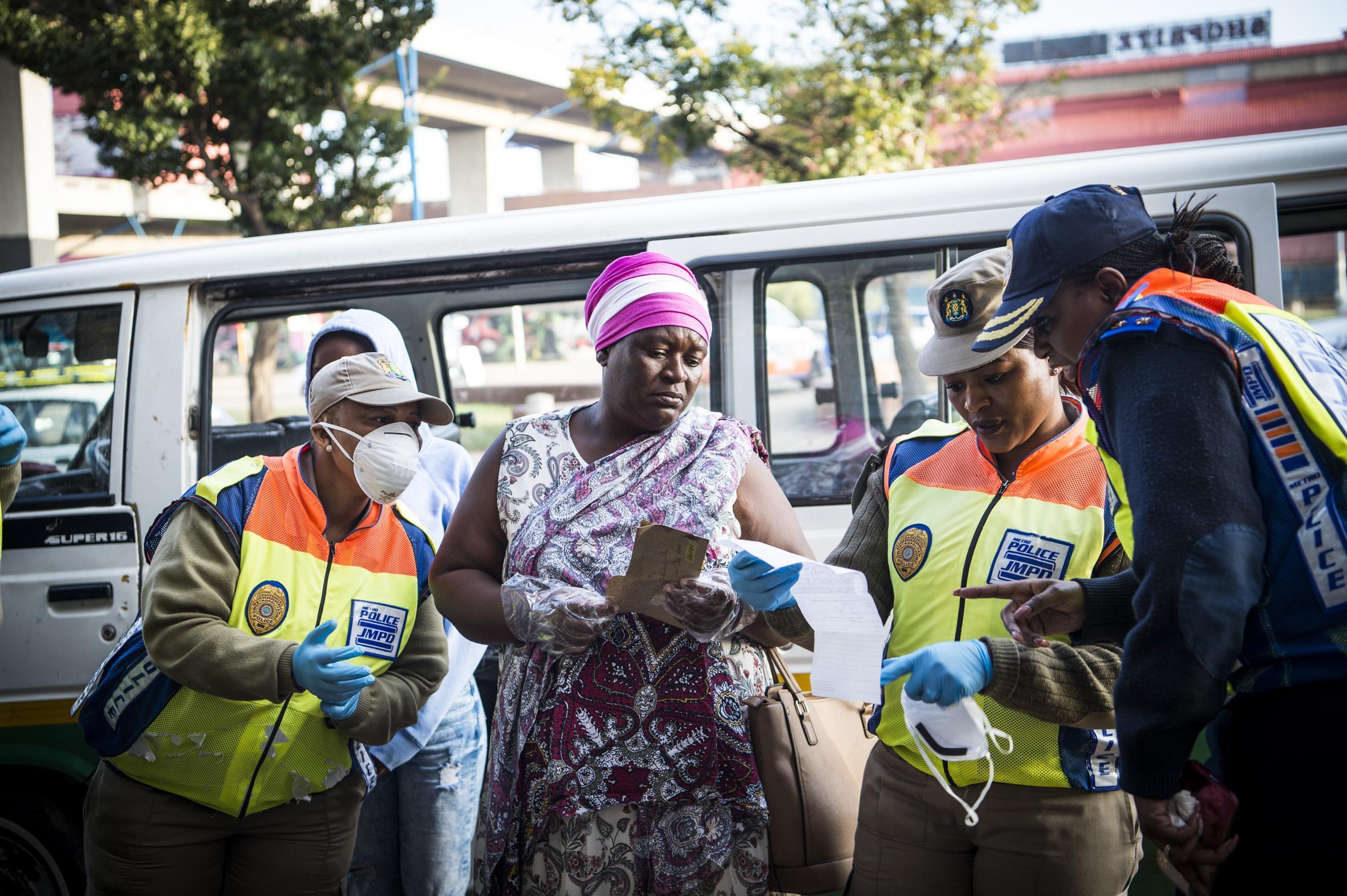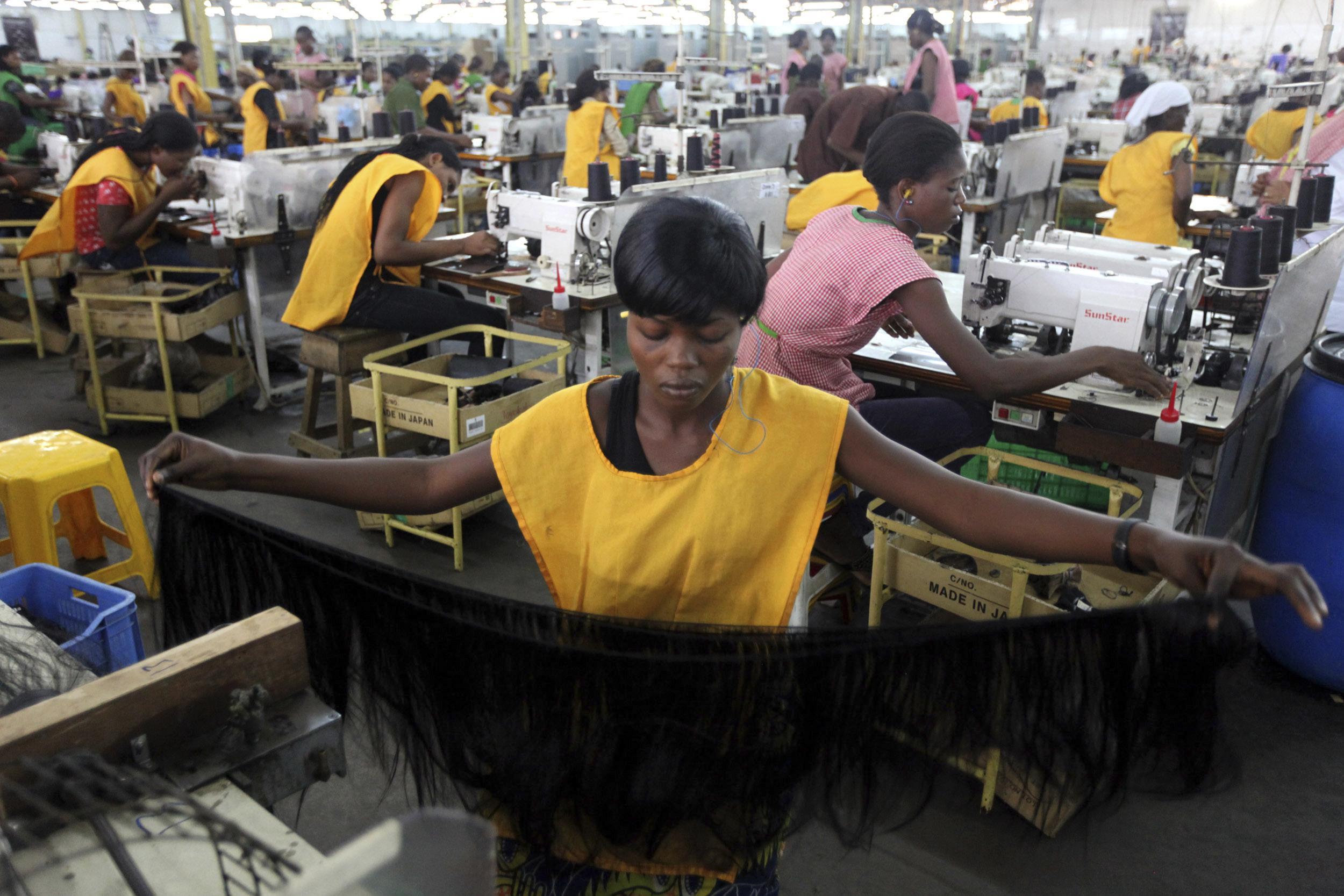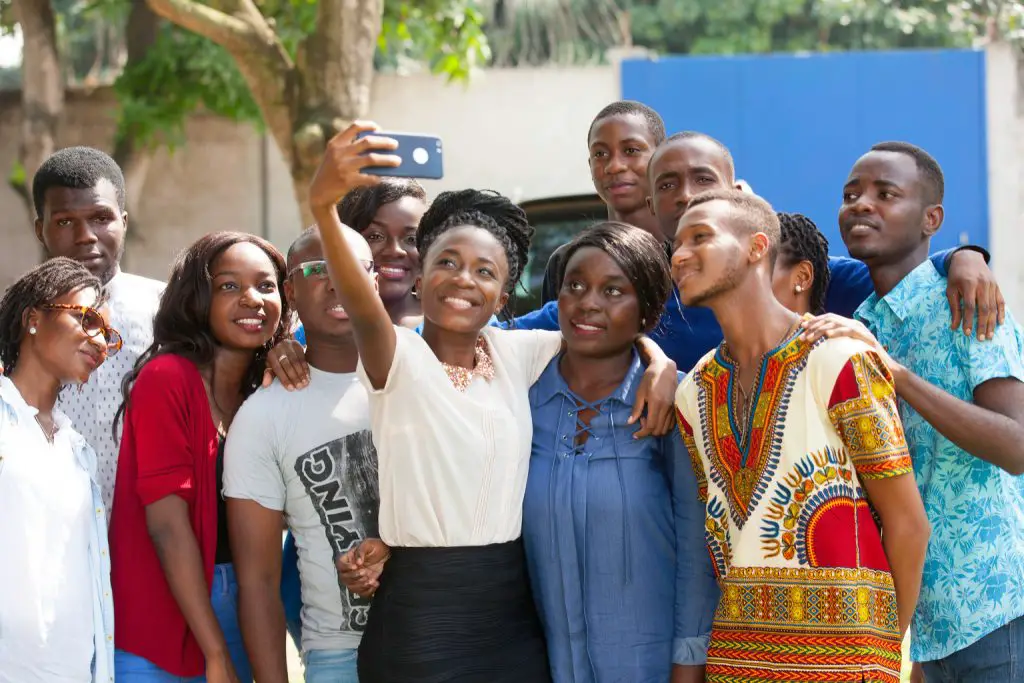- Africa’s new dawn: the rising role of digital and AI in agriculture
- Can Dangote Refinery Transform Africa Energy Ambition
- Gallup Survey: 80 per cent of Kenyan Workers Are Disengaged and Seek New Opportunities
- Madagascar Man Freed from 5KG Tumor After 15-Year Struggle
- How women in Africa are perceived and treated
- Sugar consumption in Kenya to Increase to 1.23 Million Tonnes
- Can Somalia and Turkey Oil deal Bring Change in Somaliland
- Remittances to Kenya dropped to $371.6 million in June, marking a six month low
Browsing: Jobs in Africa
ILO points out that the informal sector is still arguably responsible for 90 per cent of sub-Saharan Africa’s economy and two-thirds in North Africa.
The sector provides 90 per cent of all new jobs and 70 per cent of all employment across sub-Saharan Africa.
As the world changes, so as Africa. Due to economic and political setbacks, the region is shadowed by plenty of misconceptions about its role in shaping the world’s technological and education front.
Above that, Africa is now embracing a new wave of transformation. The continent is adopting and executing new plans as it goes—bringing the digital divide by embracing edutech in schools, innovating social solution tech and startups championing smart farming in Africa’s breadbasket. …
Following COVID-19 pandemic-related travel restrictions, it is predicted that up to millions of African jobs will be lost in the aviation and aviation-related industries, according to a report by Air Transport Action Group. The report revealed that 4.5 million jobs out of Africa’s 7.7 million aviation-related employment would be lost. Up to 172,000 jobs in the aviation sector alone have been lost by the end of 2020.
Subsequently, the aviation sector in Africa is estimated to fall by 58 percent, that is US$37 billion, compared to pre-pandemic levels.
Moreover, the Organisation for Economic Co-operation and Development (OECD) Employment Outlook indicates that the effect of the containment measures is worse than the 2008 financial crisis. The result of the current crisis has led to “an exceptional drop in activity and unprecedented job losses. Up to 10 times fewer hours were worked in some countries, compared with …
It is with no doubt that the coronavirus pandemic (COVID-19) has caused serious troubles for economies around the world, namely in the developed world. However, addressing the matter in much of the developing world is quite different, as many governments have seen national economic outputs derailed by a few years. The situation is much worse, as its knocked off many African countries from their respective economic trajectories.
The health pandemic brought it’s friends along, as we’ve now witnessed an economic pandemic of sorts. Food crisis, housing crisis and political crisis have been all party to Covid-19, a theme that was explicit in the 2020 Bill and Melinda Gates Goal Keepers report published just last month (September 2020).
The report raised interesting issues to examine attentively. It argued that in just 25 weeks almost 25 years of progress was regressed, particularly on the Sustainable Development Goals and in particular …
Human Capital Horizon matters?
The human population comprises of valuable elements necessary for the development of the modern world. As the world keeps to shake off the remnants of the coronavirus, there are some crucial ideas emerging and compelling vital changes in the way humans work. As stability is being restored, it is important also to rethink how to sustain the human capital value over space and time. The future of work is dependent on how human capital is dispersed globally and how it reacts to what we would call the development of the modern world.
The current global crisis reveals holes in various sections of the workforce, including financial security and health coverage. With respect to Africa, the figures are heightened, and the “holes” as one would look at, in particular the formal employment sector, the numbers are astronomical.
Africa alone has more than 24 million …
Provide young people with new skills that will meet the needs of a 21st-century labour market, African Development Bank report urges.
African Development Bank President Akinwumi Adesina said the youth must be prepared for the jobs of the future not the jobs of the past.
“Given the fast pace of change, driven by the 4th industrial revolution – from artificial intelligence to robotics, machine learning, quantum computing – Africa must invest more in re-directing and re-skilling its labour force, and especially the youth, to effectively participate,” the Bank president said.
Also Read: Ride the wave of the African Continental Free Trade Area, urges Adesina
According to the African Economic Outlook report, two-thirds of Africa’s youth are either overeducated or undereducated.
Youth unemployment is rising annually with 12 million graduates entering the labour market each year and only 3 million of them getting jobs therefore, youth unemployment must be given top …
The Belt and Road Initiative is a China-led strategy to strengthen global trade links across the world, in particular between Asia, Africa and Europe…









